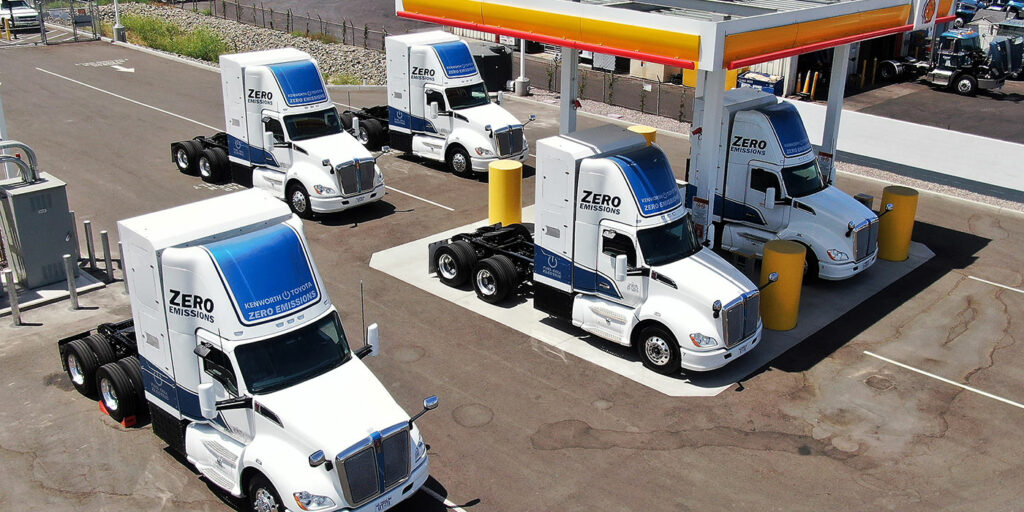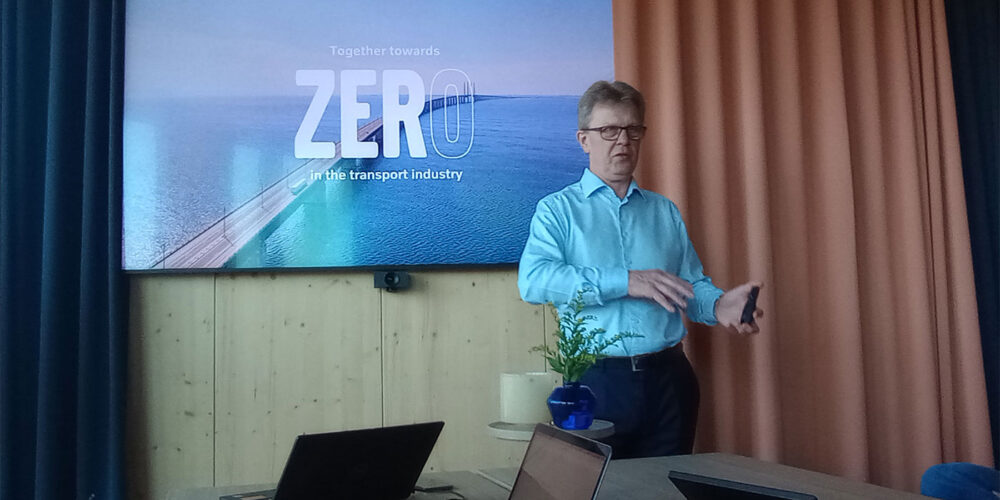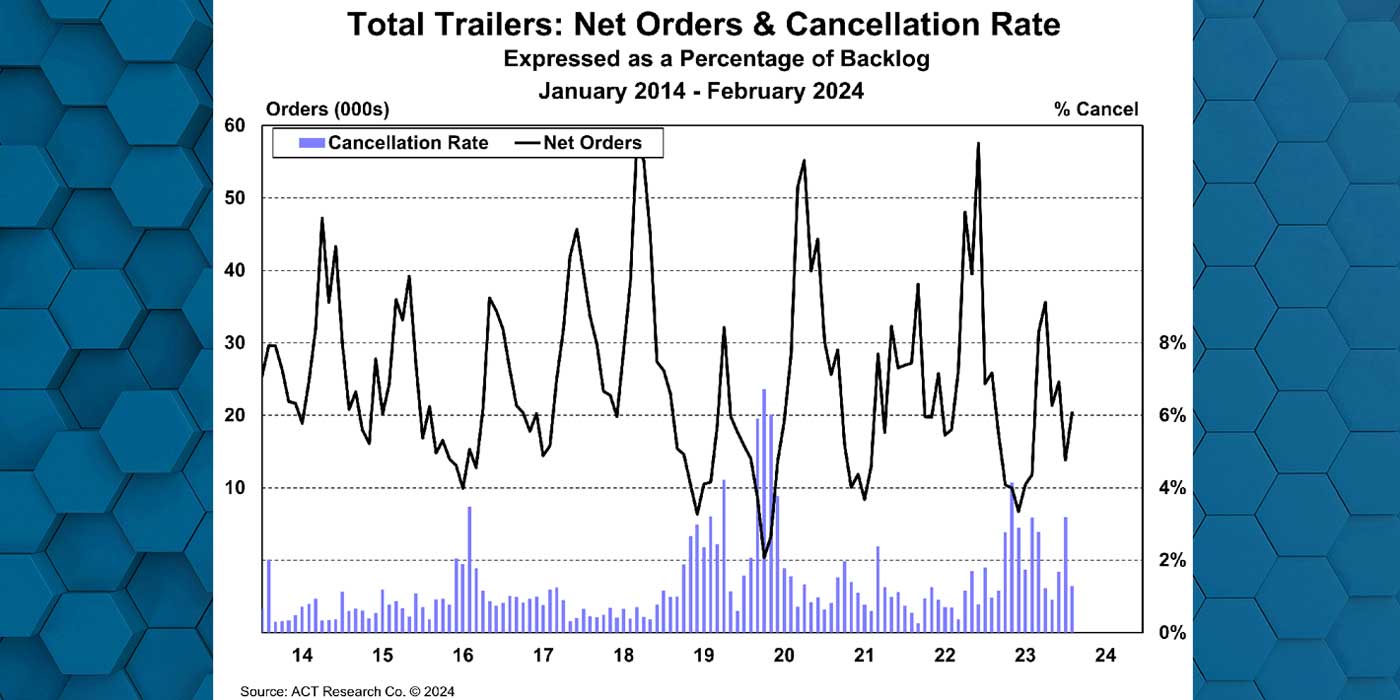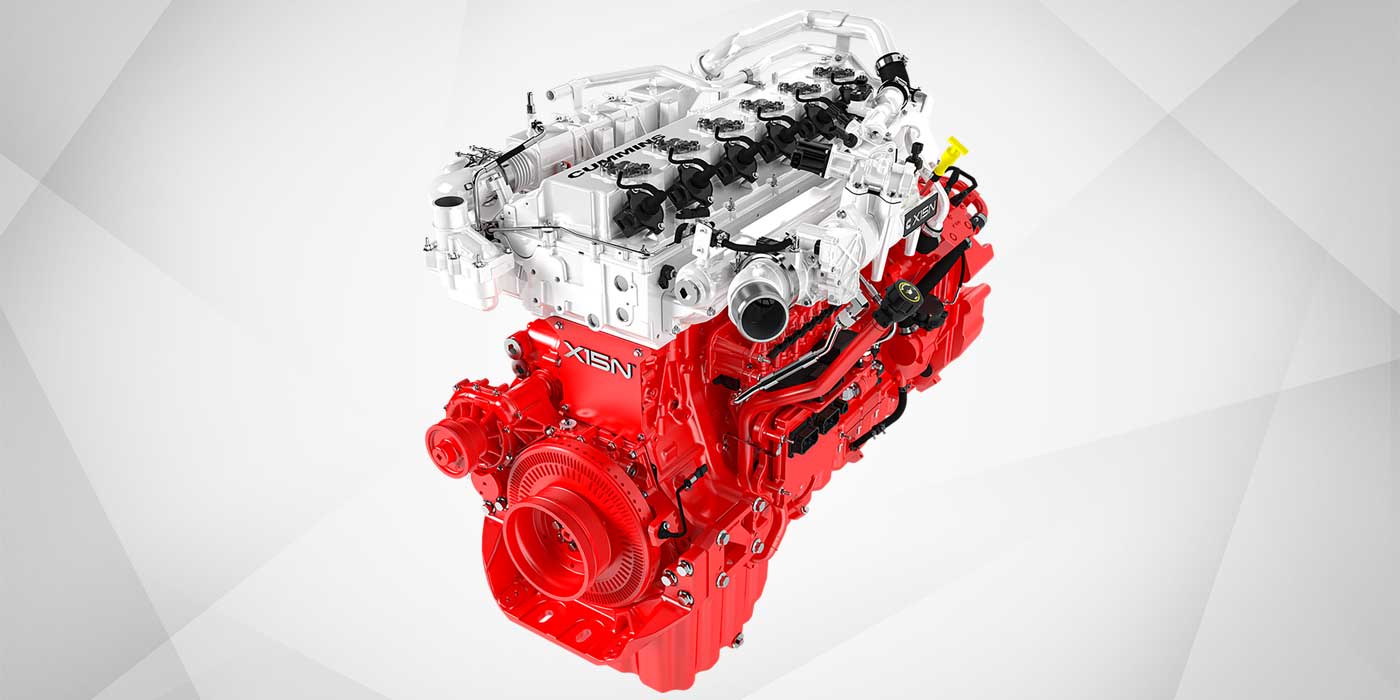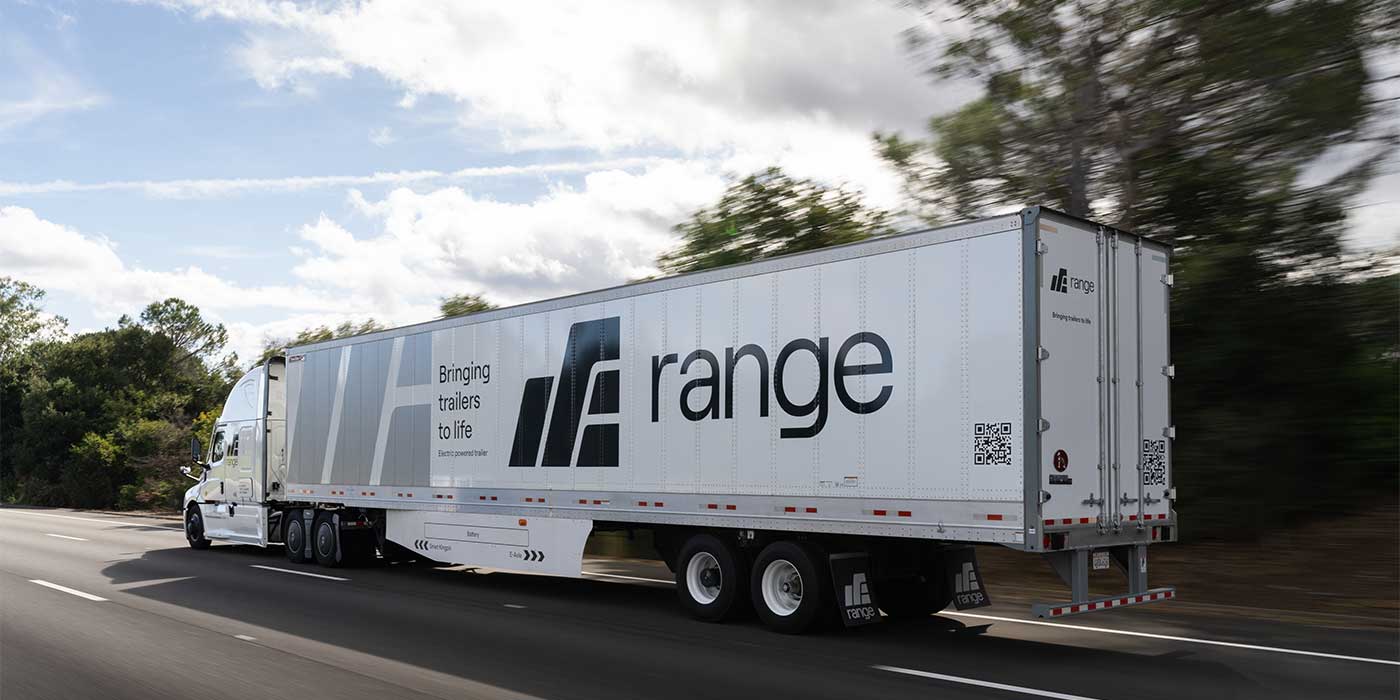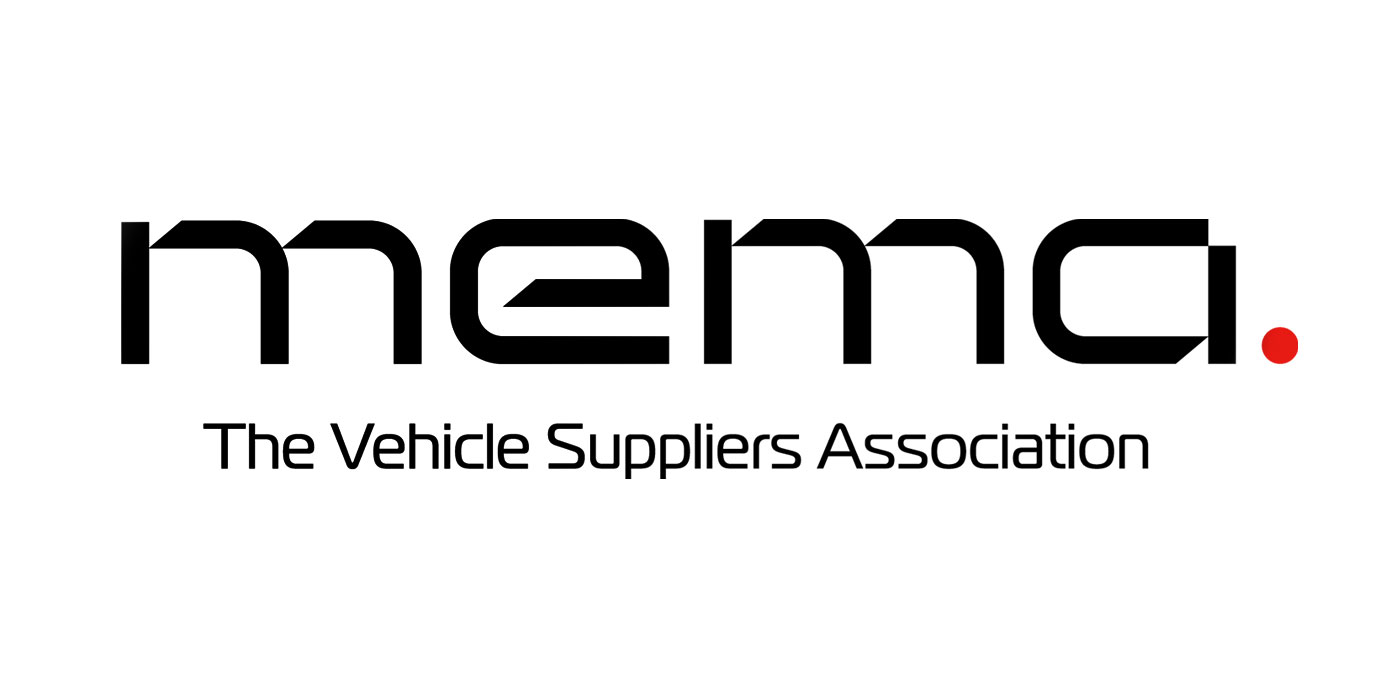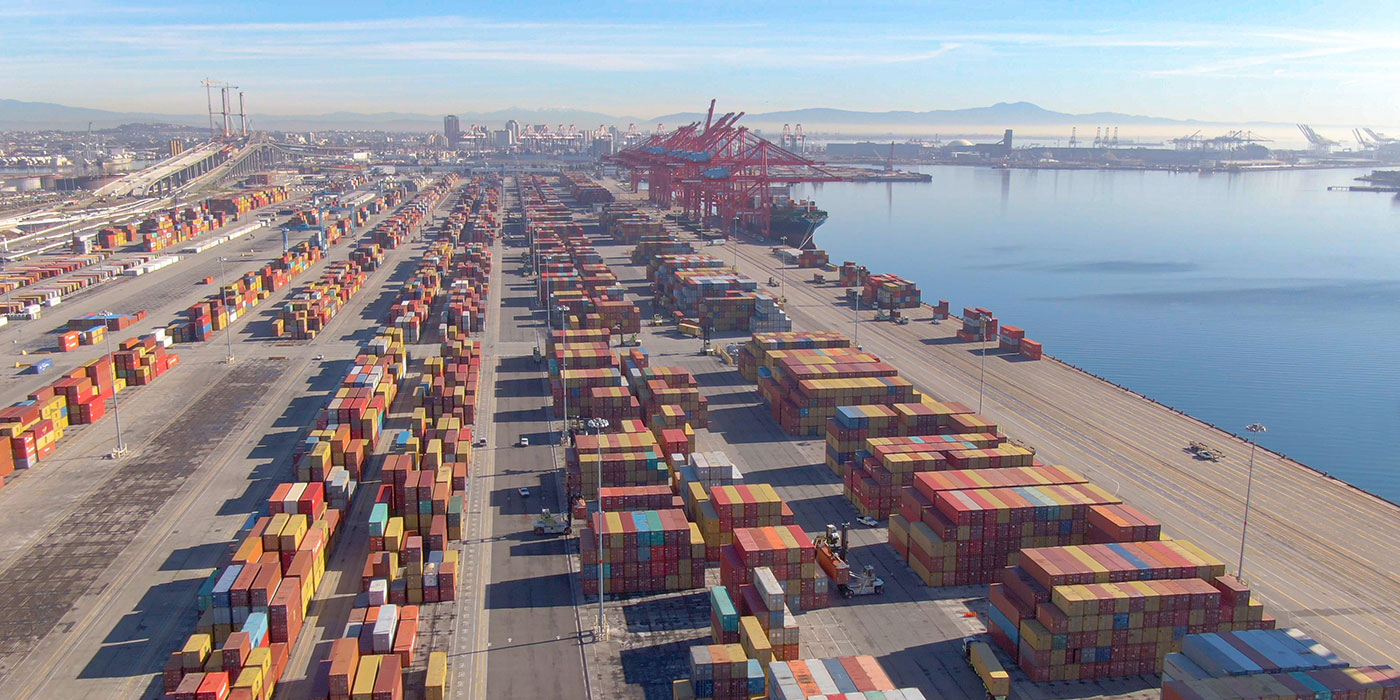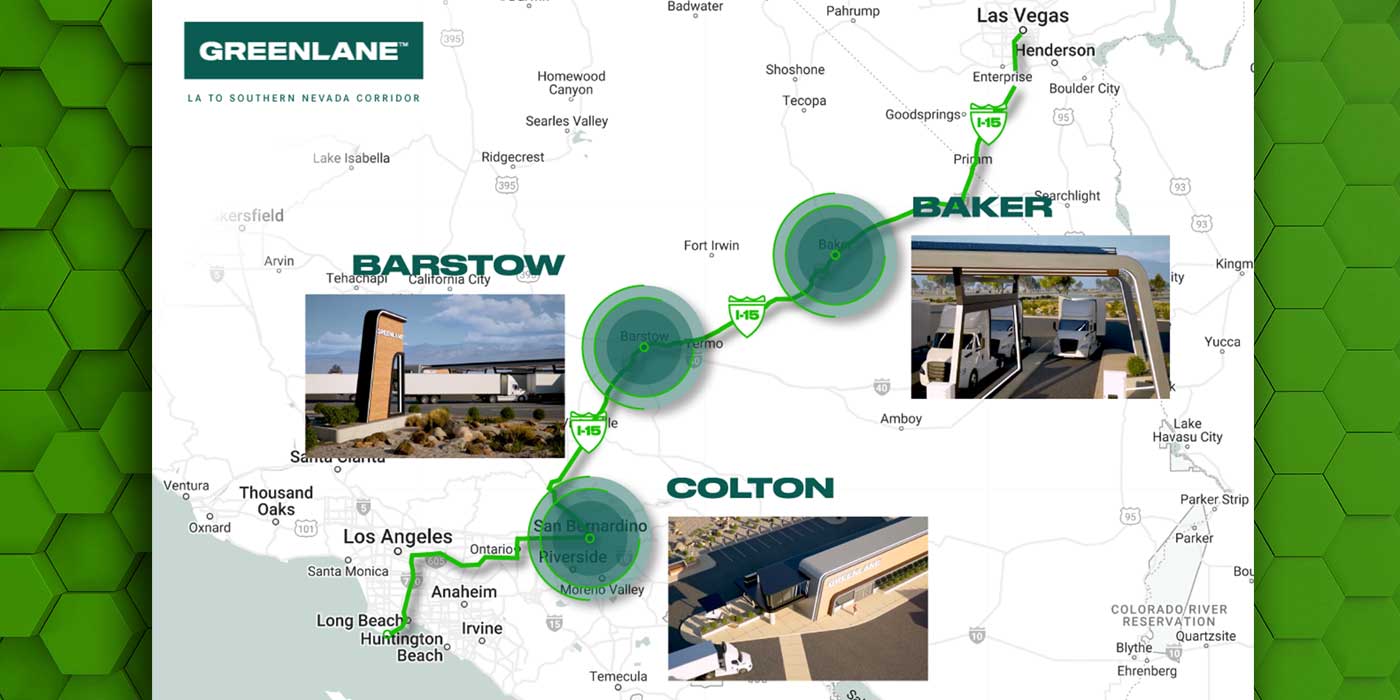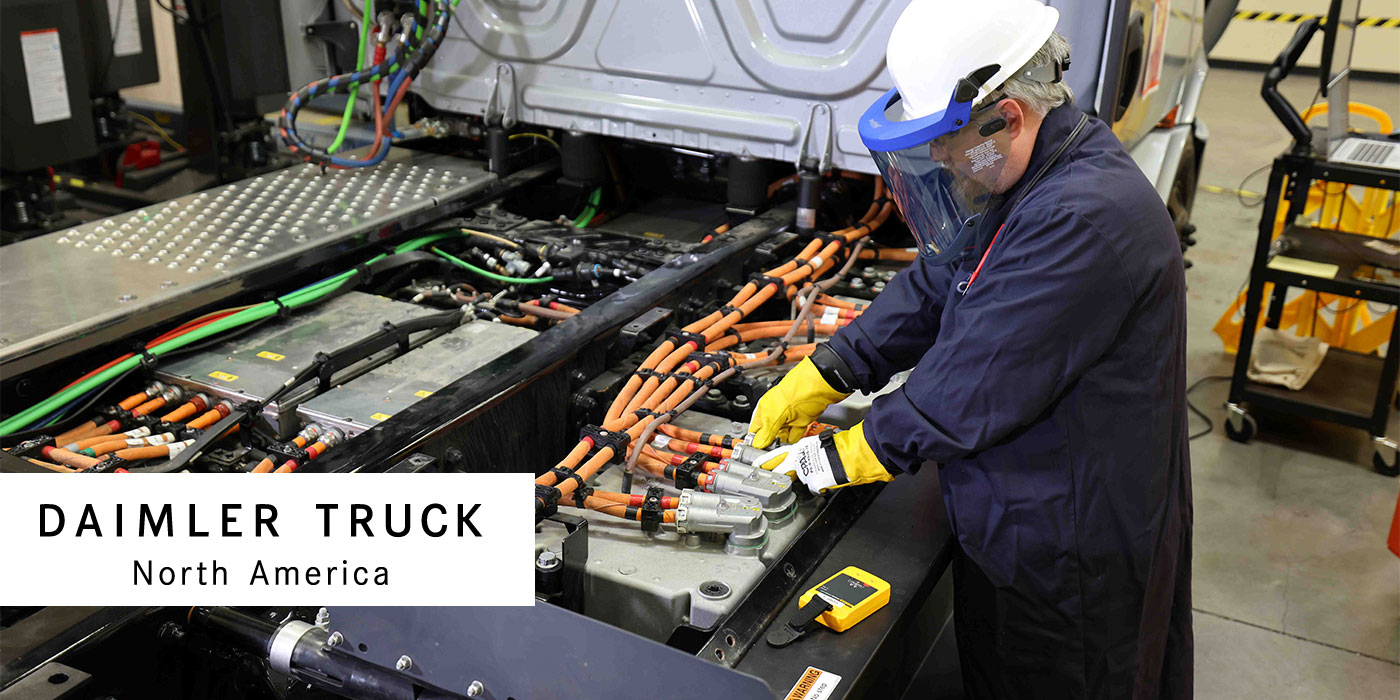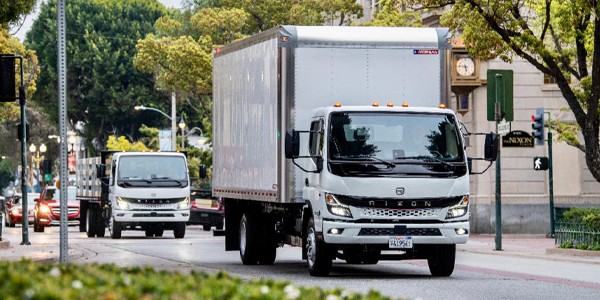The Port of Los Angeles and its partners debuted five new hydrogen-powered fuel cell electric vehicles (FCEV) and the grand opening of two hydrogen fueling stations. Under the $82.5 million Shore-to-Store (S2S) project, more than a dozen public and private sector partners have teamed up for a 12-month demonstration of the zero-emissions Class 8 trucks and will expand the project to include five more hydrogen-fueled heavy-duty trucks, two battery-electric yard tractors, and two battery-electric forklifts.
The large-scale, multiyear demonstration is designed to advance the Port’s Clean Air Action Plan goals and help California achieve statewide climate change, air quality improvement and sustainability targets for reducing greenhouse gases and toxic air emissions. The project is designed to assess the operational and technical feasibility of the vehicles in a heavy-duty setting, as well as to expand infrastructure to support hydrogen throughout the region.
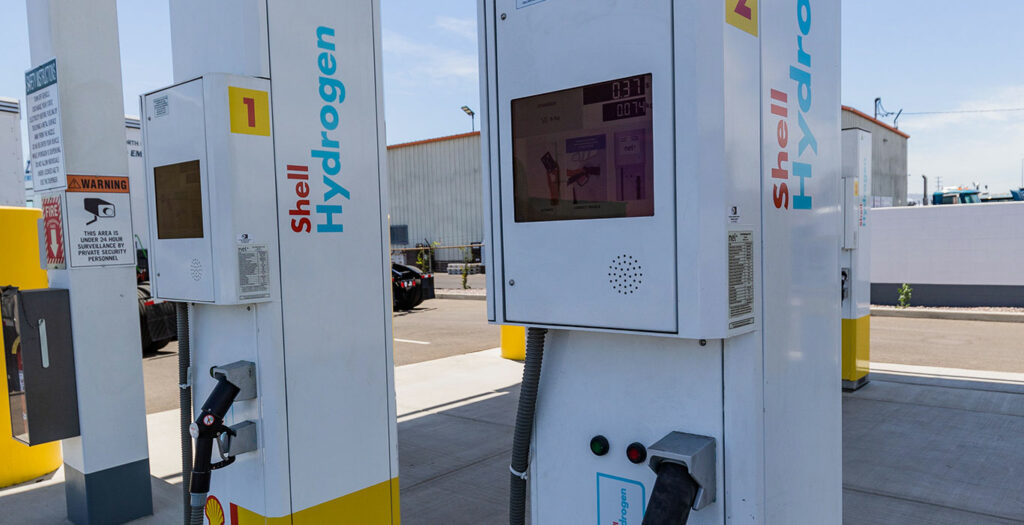
“Transporting goods between our Port and the Inland Empire is the first leg of this next journey toward a zero-emissions future,” said Port of Los Angeles Executive Director Gene Seroka. “This project is a model for developing and commercializing the next generation of clean trucks and cargo-handling equipment for the region and beyond. Just as the air we breathe extends beyond the Port’s footprint, so should the clean air and economic benefits we believe this project will yield.”
The Port’s technology development partners are Toyota Motor North America, which designed and built the powertrain’s fuel cell electric power supply system; Kenworth Truck Co., which designed and built the Class 8 trucks with Toyota’s fuel cell electric system; and Shell Oil Products US, which designed, built and will operate the project’s two new high-capacity hydrogen fueling stations in Wilmington and Ontario.
“We’ve built all 10 of the Kenworth T680 FCEVs involved in the project, and the first five vehicles are now delivered to fleets in California for commercial service at the Port of Los Angeles,” said Kevin Baney, Kenworth general manager and PACCAR vice president.
“Shell believes hydrogen offers a promising solution to achieving net-zero emissions both in terms of immediate improvements of local air quality as well as meeting long-term climate goals especially for heavy-duty vehicles and for long-distance travel,” said Paul Bogers, Vice President of Hydrogen for Shell. “That’s why we are working with truck manufacturers, fleets, governments and others to coordinate hydrogen infrastructure investments in high-traffic freight areas like the Port of Los Angeles, Port of Long Beach, the Los Angeles basin and the Inland Empire.
“Our hydrogen refueling stations in Ontario and Wilmington play a growing role in reducing truck emissions in these highly populated areas,” Bogers added. “We are grateful to our consortium partners, the California Energy Commission and the California Air Resources Board for their visionary support of the hydrogen economy.”
The California Air Resources Board (CARB) is supporting the project with a matching grant of $41.1 million. Project partners are contributing the remaining $41.4 million in financial and in-kind support.
“For generations, neighborhoods located next to high volume traffic corridors have experienced disproportionately high rates of air pollution and pollution-related illness, particularly in the greater Los Angeles region,” said CARB Deputy Executive Officer Craig Segall. “We are working steadily to change this trajectory by helping to fund, support and promote comprehensive efforts like the Port of L.A.’s Shore-to-Store Project that will run cleaner and quieter trucks that will substantially reduce greenhouse gas emissions and lower smog-forming emissions as well. It’s a sizable investment in a project with the potential to radically transform how we move freight in one of the most populous regions in the U.S.”
Partners operating the trucks are Toyota Logistics Services (TLS), UPS, and trucking companies Total Transportation Services Inc. (TTSI) and Southern Counties Express (SCE). Gas and technology leader Air Liquide is also participating as a fuel supplier. The Port of Hueneme will partner on drayage runs and serve as the site for testing the zero-emissions yard tractors.
Other public sector partners are the South Coast Air Quality Management District (AQMD), serving as a project advisor; the National Renewable Energy Laboratory, which will collect and analyze project data; and the Coalition for a Safe Environment, representing the community. Many communities that are home to ports and related trucking and warehouse operations are low-income areas disproportionately impacted by air pollution from vessels, rail, trucking and off-road cargo handling equipment.
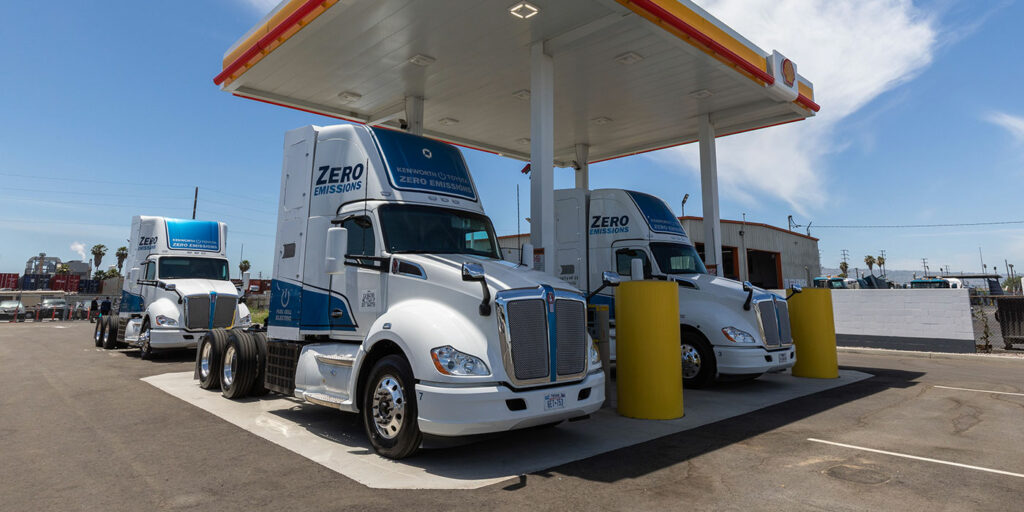
Hydrogen fuel cell truck operation
The vehicles’ duty cycles will consist of local pickup and delivery and drayage near the Port and short regional haul applications in the Inland Empire. Partners will study the technical feasibility of hydrogen-fueled tractors and battery-electric cargo handling equipment operating under the rigorous demands of the Southern California market. At the same time, they will measure the reduction of nitrogen oxide, particulate matter, and greenhouse gas emissions, as well as other pollutants.
The Port of Los Angeles S2S Project is part of California Climate Investments, a statewide initiative that puts billions of Cap-and-Trade dollars to work reducing greenhouse gas emissions, strengthening the economy, and improving public health and the environment — particularly in disadvantaged communities. The demonstration is moving forward with a $41.1 million grant from the California Air Resources Board’s Zero- and Near-Zero Emissions Freight Facilities (ZANZEFF) program. The Port, Toyota Motor North America, Kenworth, Shell, TLS, UPS, TTSI, SCE, AQMD and the Port of Hueneme are contributing $41.4 million in financial and/or in-kind support.
Planning for S2S began in 2018. The project is one of 16 demonstrations underway at the Port to accelerate near-zero and zero-emissions solutions for moving cargo.

